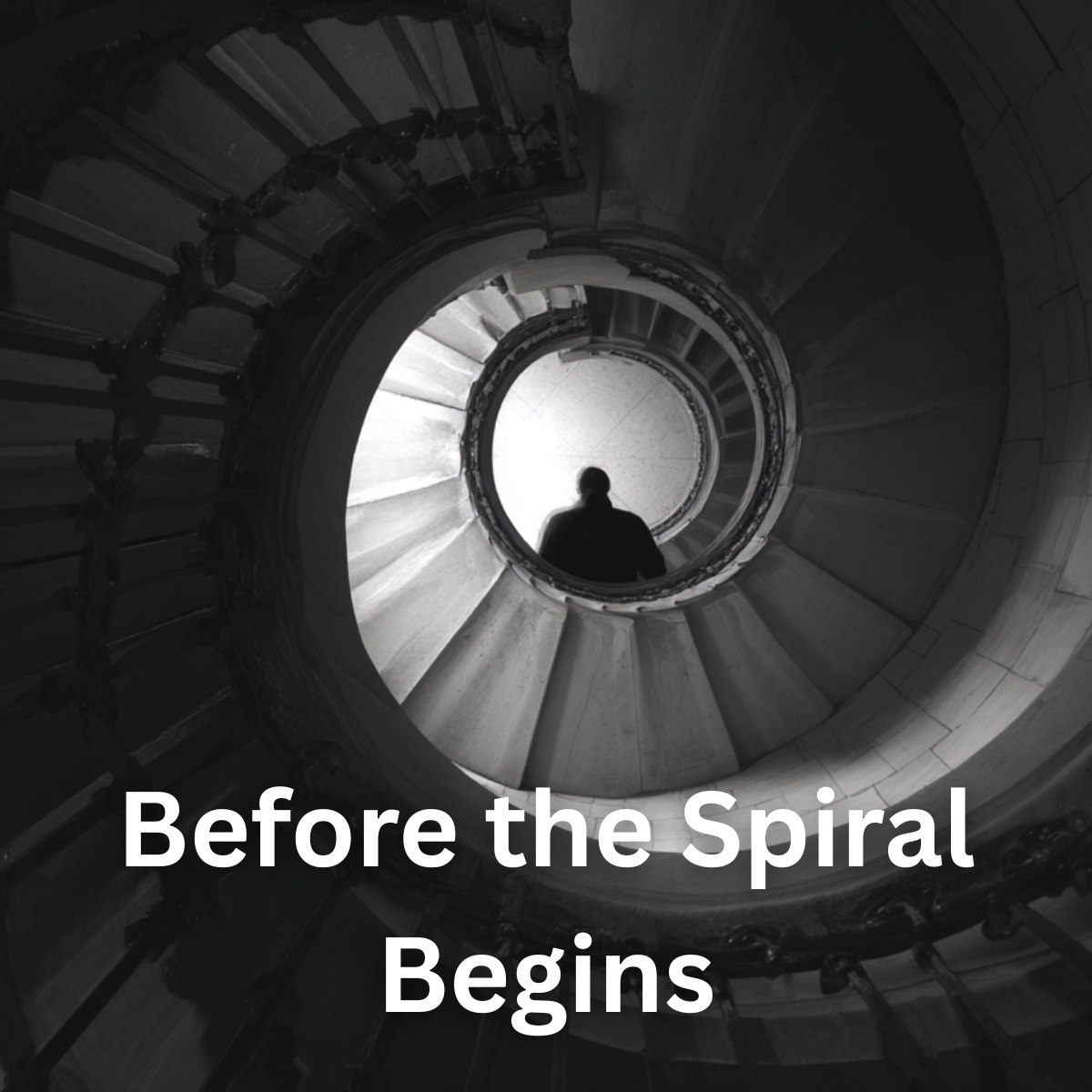This morning I sat at my desk and felt the familiar rise of frustration. We are trying to get our first real product to market this week, and everything feels urgent. I am mad, upset, discouraged, and every other emotion that sits close to the surface when pressure is high. I know these moments. They follow a pattern. One small setback becomes a larger story in my head if I am not careful.
The idea is simple. Emotional triggers are predictable. If we catch them early, we can interrupt the spiral and return to the work in front of us. If we do not, we lose hours that could have moved us forward.
Noticing the trigger is the moment things begin to turn.
What Triggers Do To Us
Triggers often have the same shape. A delay. A misunderstanding. A missed expectation. Something bends our plans, and our minds supply a familiar script. Stress rises. Thoughts distort. We move from a clear view to a narrow one. When this happens, we stop acting from commitment and start reacting from fear or frustration.
The cost is real. We lose focus. We forget our priorities. We react to noise instead of staying aligned with the work that matters. The day gets away from us. Most of this can be prevented with small steps taken early.
Notice The Pattern
The first step is to identify your triggers. They are usually ordinary. An unexpected message. A vague request. A teammate’s delay. A tight timeline. When you notice what reliably sets you off, write it down. The patterns help you prepare for the next time.
This has been on my mind today. As the pressure increases on this product release, the smallest issues feel heavier than they are. I feel it in my shoulders and in the way my thoughts speed up. Recognizing that pattern is the first interruption. It gives me room to decide what comes next.
Make Space Before Reacting
Once you see the trigger, pause for a moment. Take a breath. Ask yourself, “Is this as big as it feels right now” or “Will this matter a year from now.” These questions do not erase the problem. They calm the reaction. They slow the pace. They remind you that you still have agency.
Supportive self talk helps. A simple line prepared ahead of time works better than trying to invent one in the middle of the storm. Something like, “This is a setback, not a failure. I can handle this.” It brings your mind back to reality. It separates the feeling from the fact.
Reduce The Friction
If you know certain triggers are predictable, shape your environment to reduce their power. Simplify your space. Plan ahead for stress points. Remove the small frictions that nudge you toward frustration. It is not about avoiding challenges. It is about giving yourself a better runway.
Ask for help when needed. Tell trusted people what your triggers are. Let them know how to support you when you hit a rough moment. A calm voice, a short reminder, or a gentle question can make the difference between a small pause and a full tailspin.
Try This
- Write down one trigger that showed up today, even if it feels small.
- Prepare a single sentence of supportive self talk that you will use the next time it appears.
- Choose one way to reduce friction around that trigger tomorrow.
These practices do not remove difficulty. They help us stay steady inside it. They protect our commitments and keep us moving in the direction we decided on when our minds were clear. I needed that reminder today, and maybe you did too. Let us notice the next trigger a little earlier and return to the work with calm resolve. Let’s rise again tomorrow and take the next small step.




